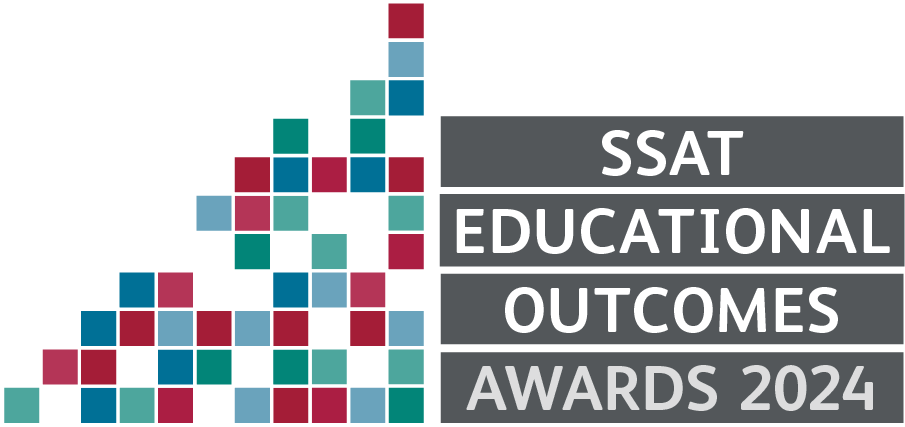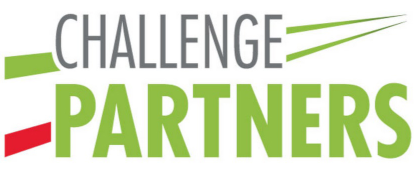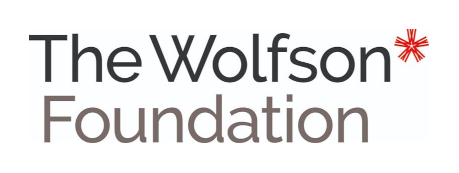Drama
Why study Drama?
At Barnhill Drama is an important part in creating the “Complete Students.” The intent, starting in year 7, is aimed at making confident, team players with strong oracy skills. Drama instils a belief in the students that they are capable of working productively with others and being able to present in front of an audience and convey, succinctly, their ideas. Year 7 and 8 are focused on these aspects through practical work that hopefully allows students to become proficient in reproducing Dramatic skills. In year 9 students begin to advance their skills in focused areas and to broaden their understanding of Drama as a profession and begin to understand the academic concepts and theories behind how and why theatre is produced. They also expand their character curriculum by looking at the history of theatre and by going to see live theatre. Through years 10 and 11 students become experts in skills and understanding. The sixth form course goes into even greater depth and supports those interested in taking theatre into further education and beyond. In linking with the Barnhill ethos these areas are focused on in Drama:
Community
Drama creates opportunity for students to gain insight into others' beliefs and opinions. It brings students together who may not normally connect and through the course allows them to explore themes, histories, cultures, and beliefs that are all part of the larger community at Barnhill. Opportunities outside of the lessons allow students to create strong bonds with others and makes them feel part of our school community. Some of these opportunities are school productions and showcases.
Respect
Following the created links to community students learn to respect many values and beliefs. Drama perpetuates this respect through introducing new concepts and beliefs in a tailored way to support students to see the world from other perspectives. Due to the content of the curriculum and student interaction, students learn to respect diversity and equality. Students are placed into situations where learning to respect those you are working with is conducive to positive outcomes. Students also learn to respect humanities evolvement and ingenuity and its ability to use different mediums to create change.
Aspiration
Not only are students aspiring and challenged to improve academically but due to the focus on the “Complete Student,” Drama facilitates the aspiration to improve in confidence, being a productive team player and supports verbal use of the English language. This helps all students to aspire to strong and fluent oracy and is particularly useful for our protected cohorts such as EAL and SEND. We also support those who aspire to a career in the performing arts and have produced West End performers.
Wisdom
The opportunities created in studying Drama delves not only into the history of humanity but also the emotions and tribulations that make us who we are. This hands-on approach to looking at life in a safe and respectful environment allows students to grow in maturity and through shared experiences gain wisdom of themselves, others, and the world around them. Often these attributes students find difficult to quantify but if you ask a Drama student at Barnhill in year 11, they will tell you that studying this subject has opened their eyes to new perspectives of the world and new understanding of how they fit into it.
Programme of Study
KS3 Year 7
- Term 1: Introduction to Drama- Understanding the learning space, Still Image, Understanding the actor's toolkit, Converting a story to a performance.
- Term 2: Melodrama- Understanding Melodrama, insight into some theatre history.
- Term 3: Script work- Improvisation vs scripts, components of a script, how to perform a script, performance themes, flashback
Year 8
- Term 1: Macbeth- Split-screen, Monologues, Script writing
- Term2: Working with other cultures- Introduction to storytelling, Physical performing, Narration
- Term 3: Talk Shows- Spontaneous Improvisation, Status, Theatre genre (Talk Shows), Character
Year 9
- Term 1: Introduction and Voice (Component 2)- Key components to Btec performing Arts, learning aspects of voice, applying aspects of voice.
- Term2: Component 1 (Aladdin)- Introduction to Theatre History, understanding why/how theatre is created, analysing roles in theatre, Analysing/ Appreciating Theatre production
- Term 3: Component 3 (devising)- Performance creation, Dramatic techniques, Time management
Year 10
- Term 1: Movement skills (Component 2) The Laramie Project (Component 1)- Learning aspects of Movement, applying aspects of Movement. Evaluating a component 1 performance.
- Term 2: Interpretive skills (Component 2) Blood Brothers (Component 1)- Learning aspects of interpretive skills, applying aspects of interpretive skills. Evaluating a component 1 performance.
- Term 3: Preparing Component 1 and 2- Voice, Movement, Interpretive skills, Theatre analysis.
Year 11
- Term 1: Completion of component 1 and 2 assessment window- Voice, Movement, Interpretive skills, Theatre analysis PSA completion.
- Term 2: Creation of Component 3- Performance creation, Dramatic techniques, Time management.
- Term 3: Completion of component 3- Final exam performance completed.
Useful Resources
All textbooks are provided by the school and passed on to students at the start of year 9.
Homework
- KS3- 1hr homework per fortnight to be completed on Teams
- KS4- 1hr homework per lesson to be completed in books, on handouts, on Teams
Enrichment Opportunities









